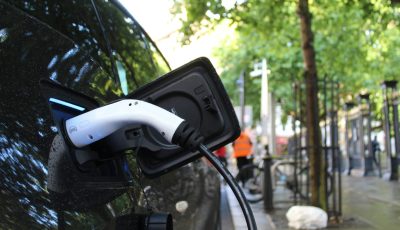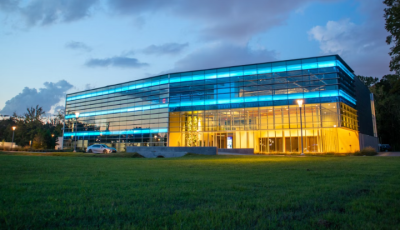UN climate summit means business
The 2017 UN climate summit may not hit the headlines as some of its predecessors have done, but it can speed up global action.
By Alex Kirby
LONDON, 5 November, 2017 – This year’s annual UN climate summit, the twenty-third Conference of the Parties to the United Nations Framework Convention on Climate Change in UN jargon (or COP23 for short), starts on 6 November – and for once it may have an unusual spring in its step.
What it agrees during its two-week session in Bonn probably won’t make many headlines. It’s more about UN house-keeping than grandstanding, and many of its conclusions will be technical and businesslike, designed to make the process of cutting greenhouse gas emissions work better, rather than announcing new goals or targets.
But most countries agree that that’s what the world needs now: work to refine and strengthen the instrument they put together two years ago.
The global average temperature is continuing to rise as a consequence of warming driven by ever higher greenhouse gas levels in the atmosphere, in response to the profligate global consumption of fossil fuels. This is despite the undoubted achievement of COP21 in Paris in 2015.
First step
For years the COPs had been fractious and unproductive affairs, until the 2015 meeting managed to adopt the Paris Agreement. This is an incomplete and far from perfect treaty, but it has certainly succeeded in changing the mood music of the climate negotiations, persuading governments that working to build a low-carbon economy is not only necessary but possible.
For that to happen, though, the Agreement must cut emissions far more stringently than it does yet. A UN report in October said that even fully implementing its goals would deliver only one third of what is needed for the world to avoid the worst impacts of climate change.
So the Bonn COP will, for example, be working to ensure the Agreement’s rule book works as it should, providing clear and verifiable information about individual countries’ emissions and consolidating the gains made in Paris.
It will also be preparing for something called the – wait for it – facilitative dialogue. This is planned as a formal discussion between countries in 2018 on progress to achieve the Agreement’s goals, and will seek to encourage rising ambition over countries’ own climate plans (known as NDCs, or Nationally Determined Contributions).
Paying for change
Other priorities will be finance (especially funding to help developing countries to meet the cost of adapting to the impacts of climate change), and building closer relationships between them and the developed world.
The Bonn meeting will open days after a comprehensive review by 13 US federal agencies said evidence of global warning was stronger than ever and that more than 90% of it had been caused by humans.
The reviewers’ conclusion is not surprising. What may surprise many delegates is that it appears to have been published without any attempt at censorship, despite President Trump’s decision to withdraw the US from the Paris Agreement and his doubts about the reality of the threat climate change poses.
Tom Burke chairs E3G, an independent think-tank working to accelerate the global transition to a low-carbon economy. He thinks the US president has unwittingly helped the cause which he repudiated.
“The political risks of acting on climate change are going down: the risks from not acting are rising. The science shows a real growth in our knowledge, and we’re on the right track”
“Donald Trump has forced the rest of the world to make big statements about the climate”, Burke told the Climate News Network. “Look for instance at what China’s president, Xi Jinping, said at the party congress in Beijing last month.
“Trump posed a question: can we renegotiate the Paris Agreement? And no-one else was interested. He showed that almost everyone except the US Administration is entirely serious about doing something on this problem – and that includes most Americans.
“Everyone knows we have to increase our ambition. The primary debate now is about how fast we can build a low-carbon economy. The political risks of acting on climate change are going down: the risks from not acting are rising.
“The science shows a real growth in our knowledge, and we’re on the right track – just not yet fast enough or far enough.” – Climate News Network



